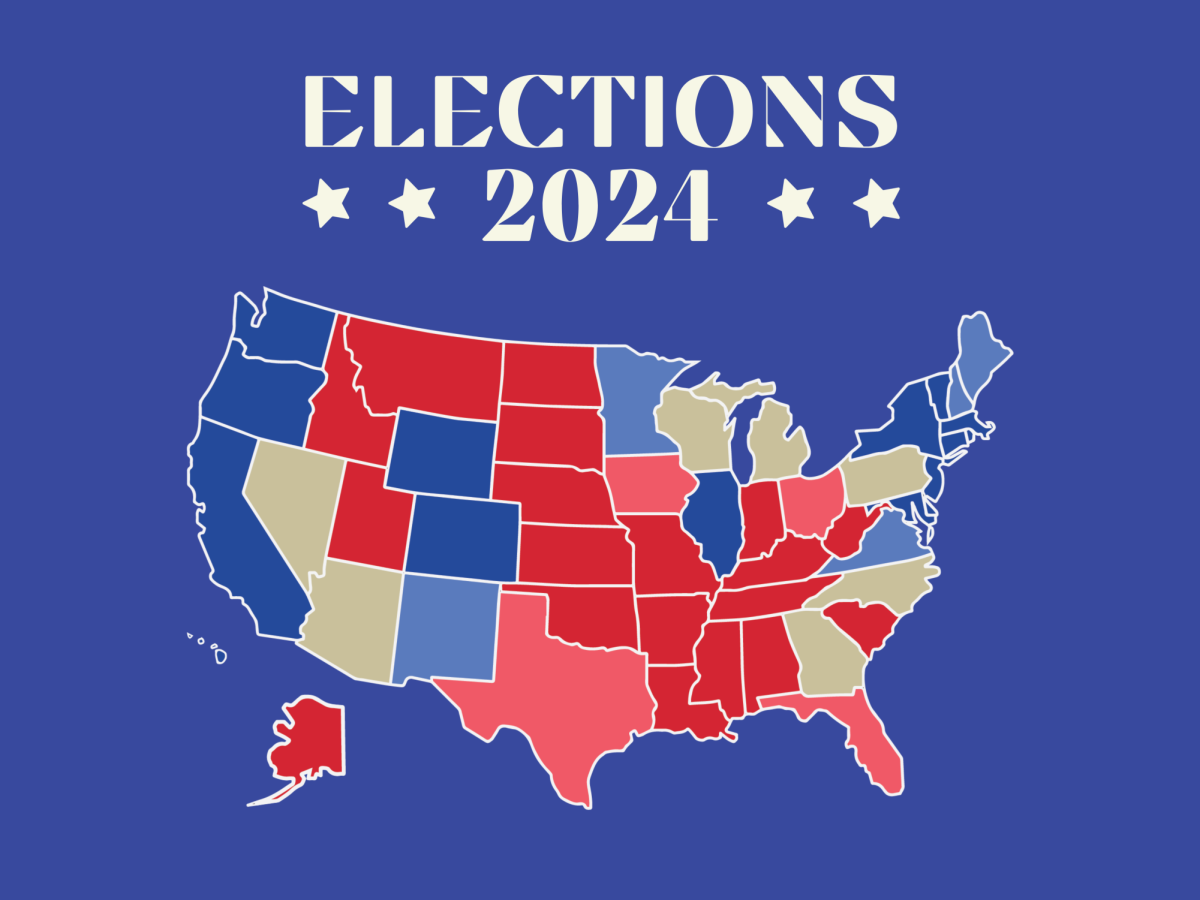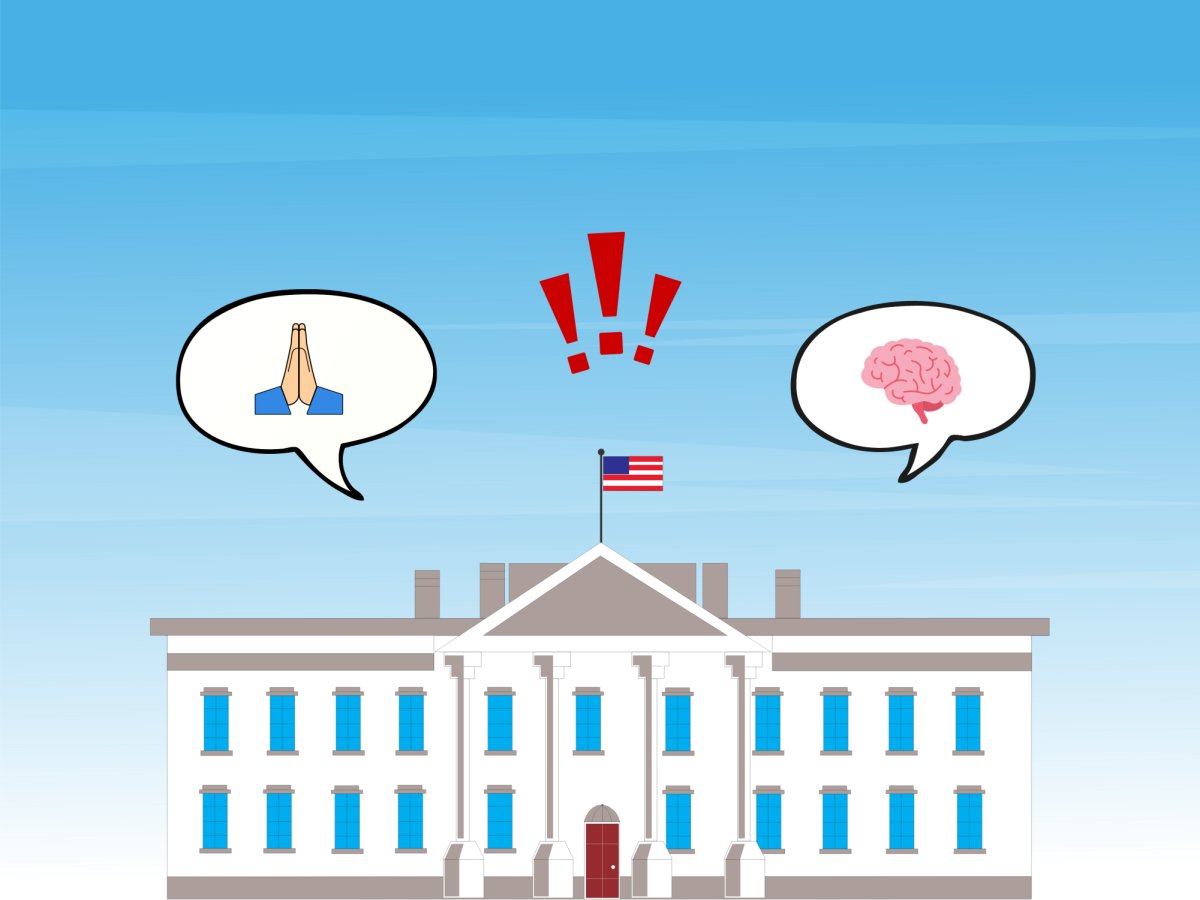You may have noticed Halloween was strangely warm this year — 79 degrees and sunny, 20 degrees over the average daily high for Oct. 31 in Philadelphia. Additionally, as of Nov. 4, Philadelphia hasn’t had measurable rainfall in 37 days, overcoming the previous record of 29 days from November 1874. It’s clear climate change is happening right now, and it’s making Halloween a lot scarier than it used to be.
The 2024 election cycle begged the question: which candidate will take appropriate measures to combat climate change? The answer, depressingly, is neither. The burning of fossil fuels, which is the leading contributor to carbon emissions and climate change, has surged under President Joe Biden, despite his signing of the Inflation Reduction Act and his administration’s commitment to reducing emissions by 50%-52% by 2030.
It is clear extreme action must be taken now across the world to keep global temperatures below 2.0 degrees Celsius above pre-industrial levels by the end of 2100 (the world is currently 1.1 C above pre-industrial levels). A United Nations report shifted from the Paris Agreement’s original goal of below 1.5 C to this more realistic goal, and it gives the world an 80% chance to stay below 2.0 C, if every country that signed the Paris Agreement sticks to its promises. Going beyond 2.6 C would mean “catastrophic consequences” for humanity, and adapting to climate change would no longer be an option, according to the report.
Former President Donald Trump has made it clear his administration would, once again, pull out of the Paris Agreement, which his website describes as “unfair and costly.” Vice President Kamala Harris, on the other hand, plans to invest in clean energy and understands “meeting this global challenge will require global cooperation.” However, Harris has recently stated she will not ban fracking — an incredible source of both water and air pollution — if elected, and critics have stated her lack of true policy is concerning. While Harris may have progressive plans for climate action, recent projections have shown us that it still might not be enough.

















































